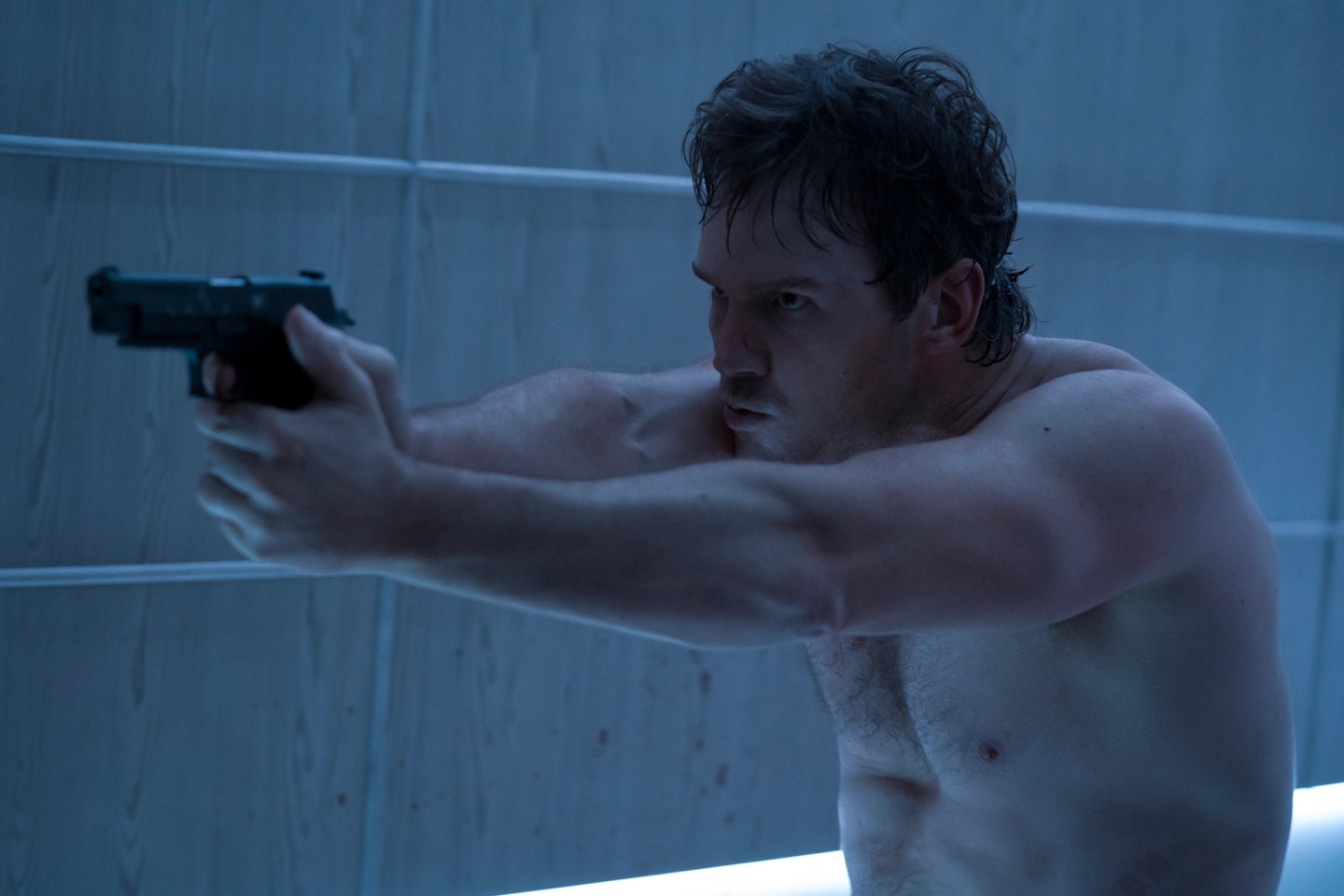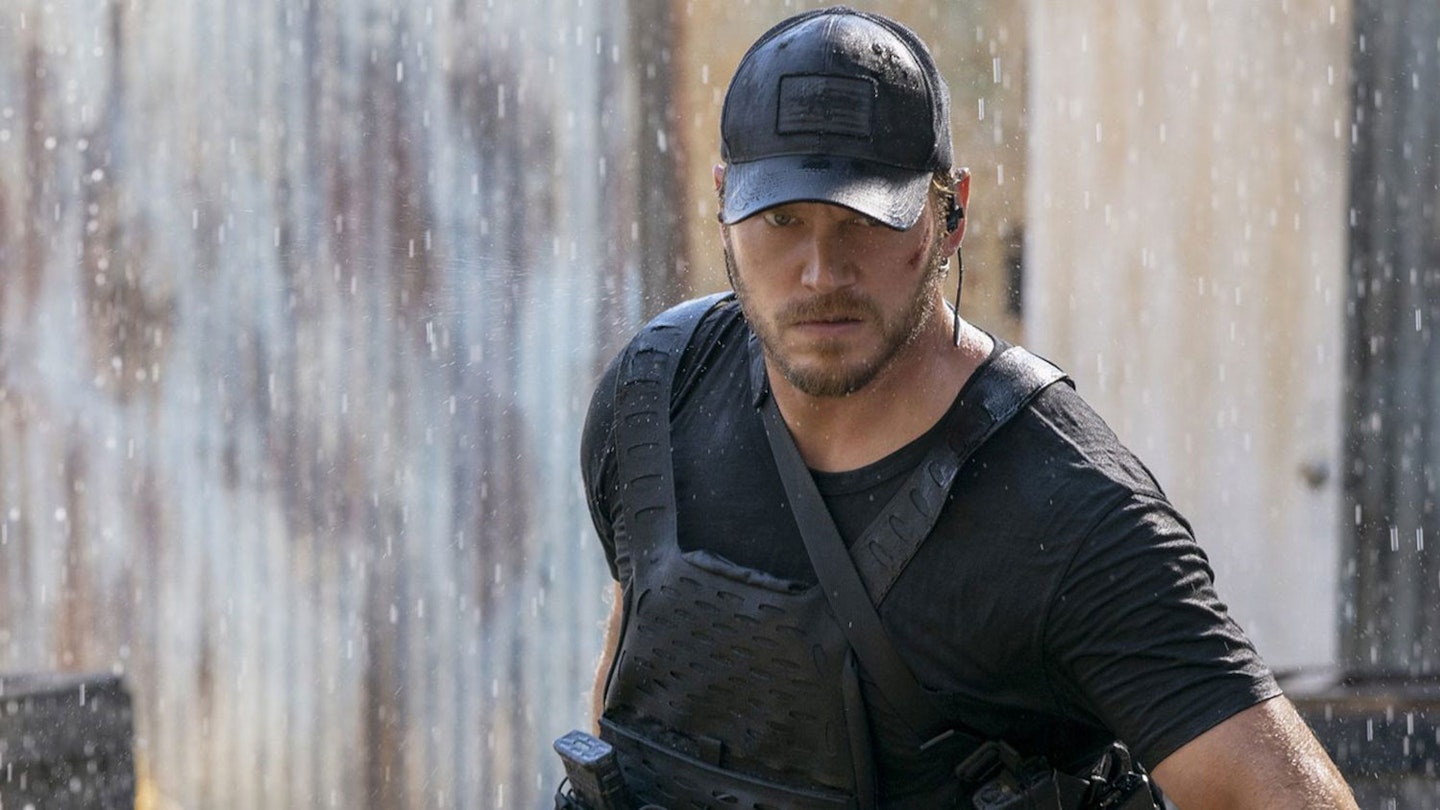Streaming on: Prime Video
It’s seven years since Chris Pratt was last a regular on a TV series. In Parks and Recreation, as Andy, his goofy charm and easy comic timing made him a break-out star and catapulted him to unlikely leading man status. The Terminal List, a brawny, boring ‘thriller’ (in intent if not execution), strips Pratt of all his appealing qualities. All humour and self-awareness wrung out of him, he’s just another beefy action guy, bringing none of his movie star charisma to a show that really, really needs it.

Based on a novel by Jack Carr, an ex-Navy SEAL sniper turned author, The Terminal List has Pratt as James Reece, the head of a SEAL team, who finds himself embroiled in a bizarre conspiracy after his team is decimated on a mission to kill a powerful terrorist. Reece comes home a hero but can’t escape the feeling there’s more to the mission’s failure than bad luck. He believes his superiors are covering something up, but they keep trying to point the finger back at him, a man whose reality has been warped by PTSD. When he pushes too hard for answers, his family is threatened and Reece sets out to uncover the truth, killing anyone who gets in his way.
It could be entertaining, if highly implausible, if the show took a less self-serious approach and picked up the pace. The plot of a 400-page novel is stretched over eight episodes, which it really struggles to fill. The opening episode, directed by Antoine Fuqua (Training Day, The Equalizer), has some solid action and twists, but even this modest excitement dissipates in the following episodes. The second devotes its first ten minutes to Reece quietly grieving, which is illustrative of the show’s general lack of urgency to move the plot forward.
The plot is so simplistic there’s really no challenge to following it.
The generous running time offers plenty of space to flesh out its characters in interesting ways or really dig into how fighting for your country can also make you feel alienated by it, but writer Dave DiGilio chooses not to take up that offer. There’s a dull moral binary to all the characters. They’re either good (military, wives) or bad (government, non-American), and Reece, being good, has to triumph in every interchangeable fight. A talented cast – Taylor Kitsch as Reece’s best buddy, Constance Wu as a sneaky journalist, Jeanne Tripplehorn as Secretary of Defence – have little to do but recite trite exposition. At one point, Tripplehorn introduces herself with “I’m not much of a politician. I speak my mind and do what I want”, as if she’s reading her own character description rather than dialogue.
Perhaps the least appealing thing about this lump of a show is the lack of credit it gives its viewers. We’re not trusted to connect any of our own dots. When Reece cracks a clue, we often get a little flashback montage to remind us what he’s remembering, in case we’ve forgotten everything that happened one episode ago. The plot is so simplistic there’s really no challenge to following it. The far bigger challenge is maintaining any interest.
